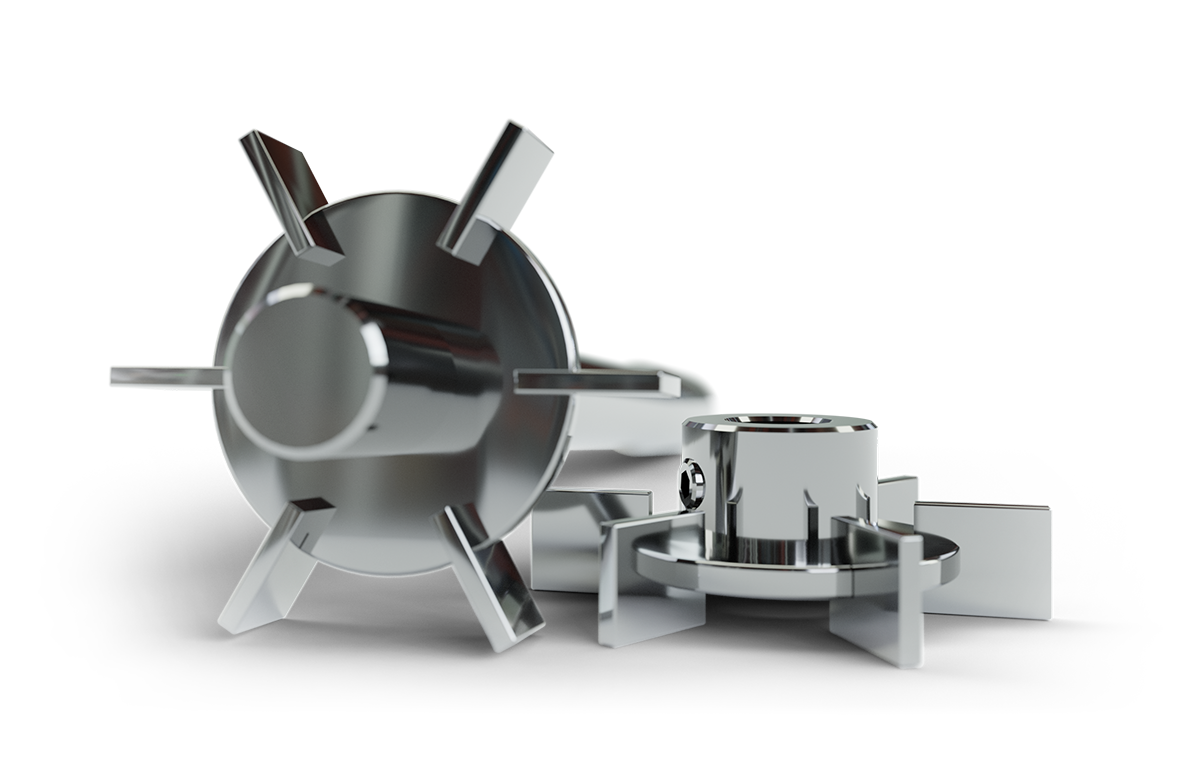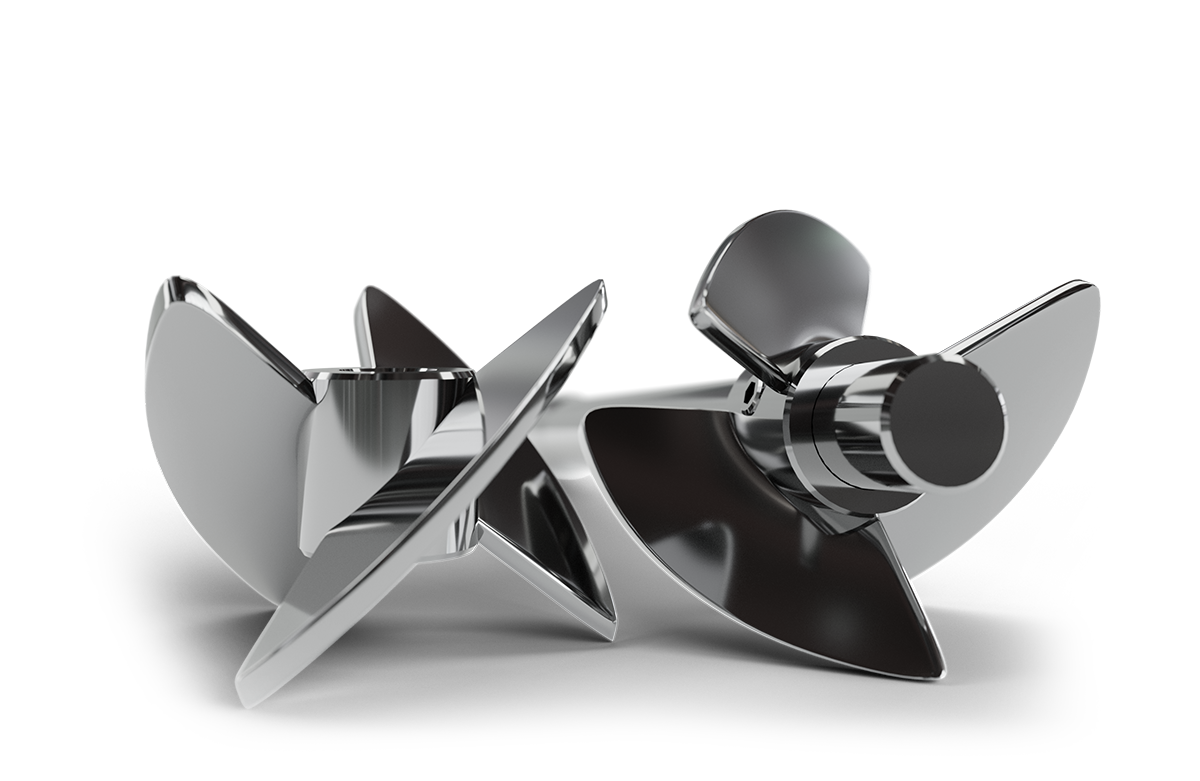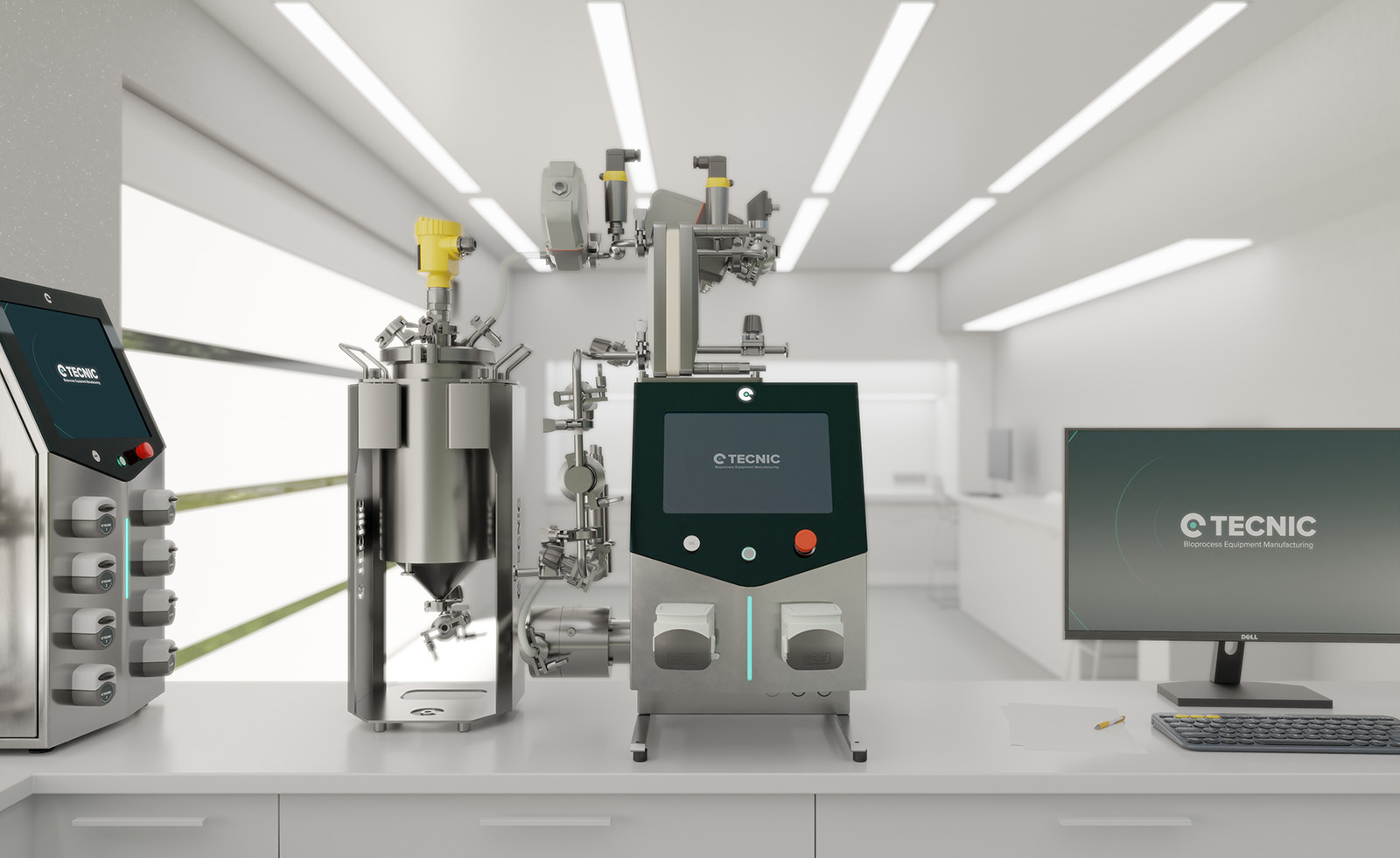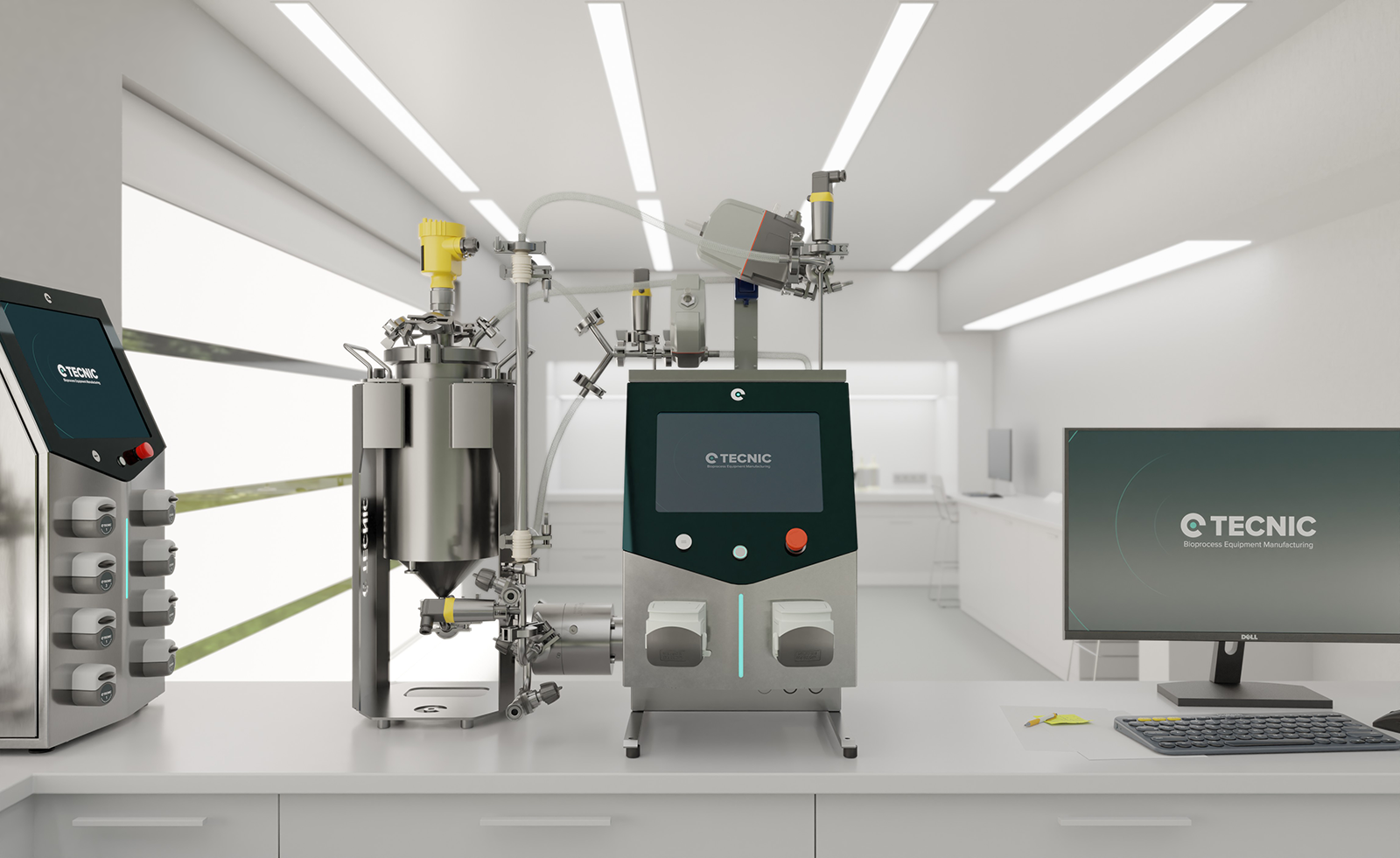Biotechnology is at the centre of a revolution in global healthcare, driving innovations that transform our lives. Within this landscape, single-use bioreactors have emerged as a key solution to optimise production processes in the biopharmaceutical industry. But what makes them so special and why are they leading the way into the future? In this blog we explore the advantages, applications and challenges of this revolutionary technology.
What are single use bioreactors?
A bioreactor is a closed system where live cells are grown to produce drugs such as vaccines, monoclonal antibodies or therapeutic proteins. Unlike traditional reusable systems, single use bioreactors are designed to be discarded after each use, eliminating the need for cleaning and sterilisation processes.
Instead of maintenance-intensive metal containers, SU bioreactors use flexible bags made from specialised plastic materials, making them a much more practical and versatile option. This innovation not only reduces operating times, but also minimises the risk of cross-contamination, a critical factor in the biopharmaceutical industry.
Key benefits of single use bioreactors
Single use bioreactors offer multiple advantages that position them as the preferred choice for companies seeking efficiency and flexibility:
- Reduced operating costs: Reusable systems require costly cleaning and sterilisation processes, as well as consumables such as detergents and purified water. With SU systems, these costs are eliminated. The need for auxiliary equipment such as autoclaves or CIP (Clean-In-Place) cleaning systems is also reduced.
- Flexibility for quick changes: In an environment where demands can change rapidly, single use bioreactors allow production to be adapted to different products without long set-up times.
They are ideal for multi-purpose facilities, where multiple product lines are involved. - Reduced risk of contamination: Being disposable, they virtually eliminate any risk of cross-contamination, which is essential in the production of advanced therapies such as CAR-T cells.
- Time optimisation: Cleaning and validation processes in reusable systems can take days. In contrast, SU systems allow new production batches to be started in a matter of hours.
Applications of single use bioreactors
Single use bioreactors have found their place in various areas of biopharmaceutical production. Some of the most prominent applications include:
- Vaccine production: During the COVID-19 pandemic, single use systems were essential to meet the huge demand for fast and flexible production.
- Cell and gene therapies: These personalised therapies require extremely clean and adaptable environments, where SU systems excel.
- Monoclonal antibodies: Scalability and ease of use make SU bioreactors an ideal choice for these types of therapies.
Challenges and the future of single use bioreactors
While the benefits are clear, this technology is not without its challenges. One of the biggest challenges is the management of plastic waste generated by single use systems. As the industry moves towards sustainability, solutions are being developed to recycle these materials and minimise their environmental impact.
Another challenge is scalability. While SU bioreactors are ideal for small and medium production runs, reusable systems continue to dominate in large-scale processes. However, technological advances are rapidly closing this gap, and SU bioreactors are expected to play a larger role in mass production in the future.

Conclusion
SU bioreactors are redefining the way drugs and advanced therapies are produced. Their ability to reduce costs, minimise risks and adapt quickly to changing needs makes them an indispensable tool for the biopharmaceutical industry.
At TECNIC, we understand the importance of this technology and are continuously working to innovate in this field. If you would like to discover how our systems can transform your production process, we invite you to explore our line of single use bioreactors or contact us for a personalised demo.
Frequently Asked Questions (FAQ)
A single use bioreactor is a closed system that uses disposable plastic bags to grow live cells and produce medicines.
They reduce operating costs, minimise contamination risks, save cleaning time and are highly flexible for varied throughputs.
They are ideal for producing vaccines, monoclonal antibodies, cell therapies and other advanced biopharmaceuticals.
Mainly plastic waste management and scalability for very large production runs.
They offer faster and safer production, which makes them ideal for multi-purpose installations and products under development.










